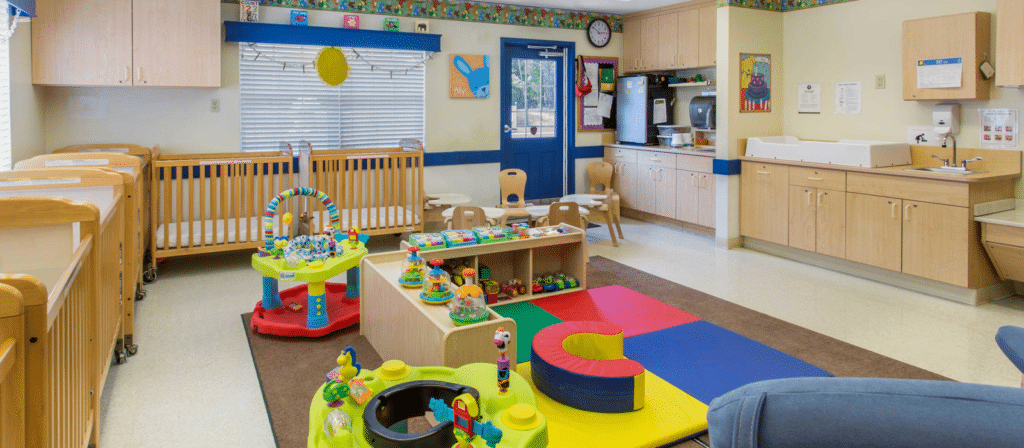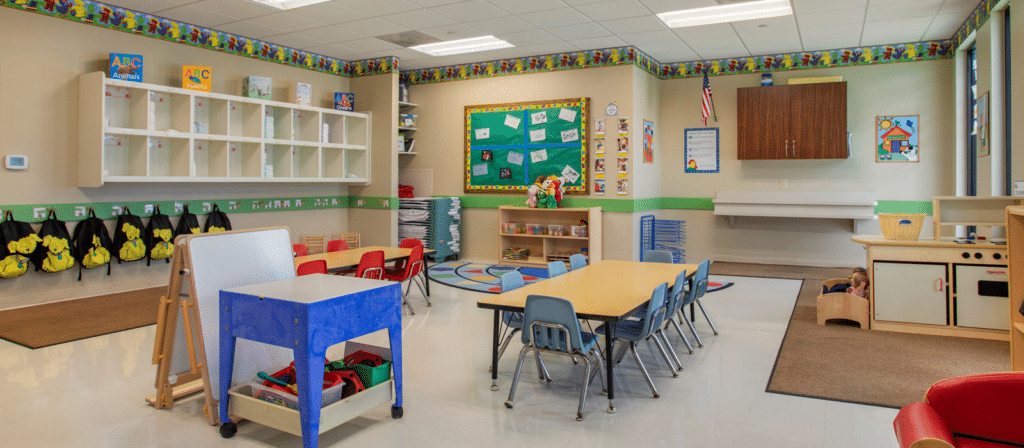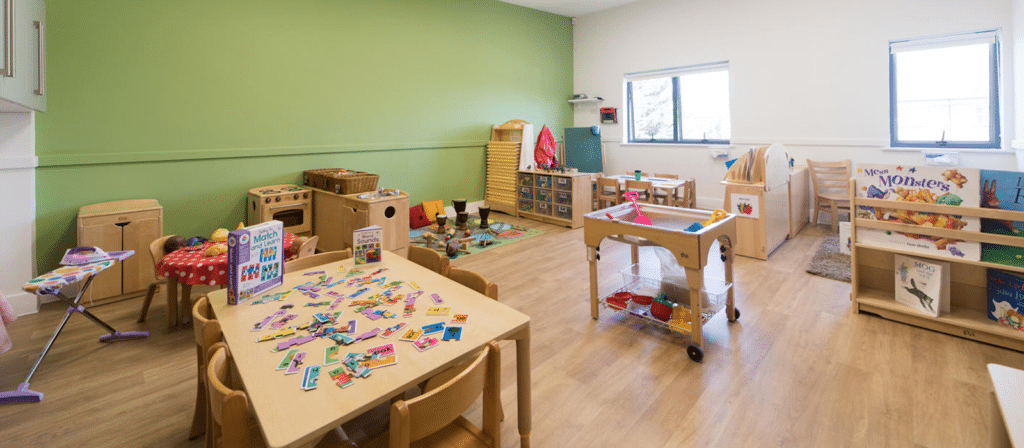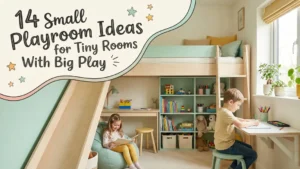Are you searching for effective ways to develop and enhance your child’s fine motor skills? Discover the power of Montessori-inspired preschool furniture in promoting the development of these crucial skills. Join us as we explore how carefully designed furniture can engage and empower children, fostering their fine motor abilities for a lifetime of success.
Fine motor skills refer to the coordination and control of small muscles in the hands and fingers. These skills are essential for everyday tasks such as writing, using utensils, and buttoning clothes. Developing strong fine motor skills in early childhood is vital as they serve as building blocks for future academic and life skills.
Why are fine motor skills important?
Fine motor skills are crucial for a child’s overall development. They not only enable them to perform basic tasks but also have a profound impact on their cognitive abilities. Research has shown that children with well-developed fine motor skills tend to have better handwriting, problem-solving skills, and hand-eye coordination.
By engaging in activities that promote fine motor skills, children also develop concentration, focus, and patience. These skills are not only essential for academic success but also contribute to their overall self-confidence and independence.
How can Montessori inspired preschool furniture enhance fine motor skills?
Montessori education emphasizes the importance of hands-on learning and providing children with an environment that fosters independence and self-discovery. Montessori inspired preschool furniture is designed with these principles in mind, making it the perfect tool for enhancing fine motor skills.
One of the key features of Montessori furniture is its child-sized nature. The furniture is specifically designed to be accessible and manageable for young children. This encourages them to actively engage in activities such as pouring, sorting, and manipulating objects, which in turn helps develop their fine motor skills.
For example, a child-sized table and chair set allows children to comfortably sit and engage in activities such as drawing, painting, and building with blocks. The ergonomic design promotes proper posture and hand positioning, ensuring that children can focus on refining their fine motor skills without discomfort or strain.
In addition to child-sized furniture, Montessori classrooms also incorporate a variety of materials and tools that target specific fine motor skills. For instance, activities that involve using tweezers to transfer objects or using pegboards to create patterns help children develop hand-eye coordination, finger strength, and dexterity.

What are some examples of Montessori inspired preschool furniture?
There are various types of Montessori inspired preschool furniture available that can enhance fine motor skills. Here are some examples:
Practical Life Stations: These stations typically include child-sized tables and shelves with activities such as pouring, transferring, and sorting objects. Children can practice their fine motor skills while engaging in practical tasks such as pouring water, using tongs to transfer objects, or sorting different types of beads.
- Practical Life Stations:
These stations typically include child-sized tables and shelves with activities such as pouring, transferring, and sorting objects. Children can practice their fine motor skills while engaging in practical tasks such as pouring water, using tongs to transfer objects, or sorting different types of beads. - Art and Creativity Centers:
These centers feature child-sized easels, tables, and storage units for art supplies. Children can explore their creativity while refining their fine motor skills through activities such as painting, drawing, and cutting. - Building and Construction Zones:
These areas consist of child-sized tables, chairs, and shelves stocked with building blocks and construction materials. Children can develop their fine motor skills by building structures, stacking blocks, and manipulating small parts. - Sensory Play Areas:
These areas include child-sized tables, chairs, and shelves filled with sensory materials such as sand, water, and playdough. Children can engage in sensory play, which not only stimulates their senses but also helps refine their fine motor skills through activities like molding, squeezing, and shaping.
How can parents and educators incorporate Montessori principles at home or in the classroom?
Incorporating Montessori principles at home or in the classroom doesn’t have to be complicated or expensive. Here are some simple ways to create a Montessori-inspired environment that enhances fine motor skills:
- Provide child-sized furniture and tools:
Invest in child-sized tables, chairs, and utensils that are comfortable and appropriate for your child’s size. This allows them to independently engage in activities and develop their fine motor skills. - Offer open-ended activities:
Provide a variety of materials and activities that promote exploration, creativity, and problem-solving. Encourage children to use their hands and fingers to manipulate objects, such as puzzles, building blocks, or art supplies. - Organize materials and tools:
Create accessible and organized spaces for materials and tools. Use shelves, baskets, and trays to store items in a visually appealing and easily reachable manner. This encourages children to take ownership of their space and independently engage in activities that promote fine motor skills. - Foster independence:
Encourage children to take responsibility for their everyday tasks, such as dressing themselves, buttoning their shirts, or pouring their own drinks. Provide child-sized tools, such as dressing frames or pouring pitchers, to support their independence and fine motor skill development.

Enhancing fine motor skills in young children is crucial for their overall development and future success. Montessori inspired preschool furniture provides an ideal environment for children to actively engage in activities that promote fine motor skill development.
By incorporating child-sized furniture, open-ended activities, and fostering independence, parents and educators can create a Montessori-inspired environment that enhances fine motor skills in a playful and engaging way. So why not embrace the Montessori approach and watch your child’s fine motor skills flourish!













